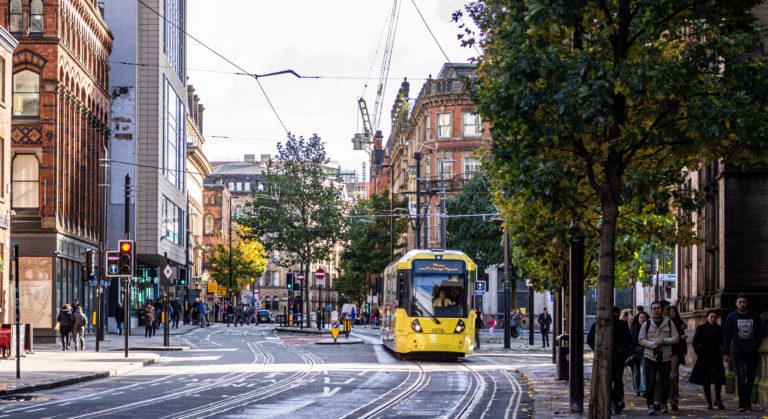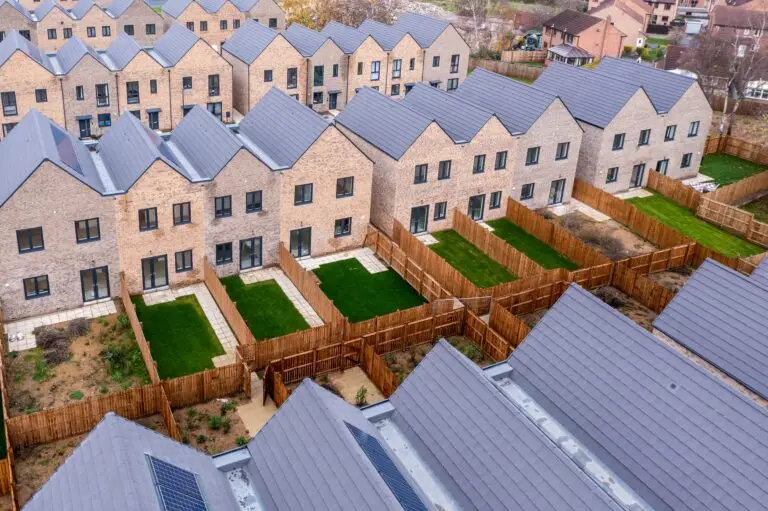Council races across the North of England were a key moment to see how the ‘Red Wall’ would hold up ahead of the next General Election. Whilst there were a few interesting results, the elections were unable to shine much light on what the next General Election could look like in the North given the patchwork of areas up for election this time around.
At the top of the list of Labour’s celebrations in the North was its result in the newly established Cumberland Council. Labour won 66% of the seats in the council that will operate in shadow until April 2023. Labour Leader Keir Starmer visited Carlisle within the new unitary Cumberland Council area shortly after the election result, as he sought to highlight a victory in a key ‘Red Wall’ battleground with the area also home to the ‘Workington Man,’ the archetypal Red Wall voter. Labour have been keen to highlight that their gains in the North, alongside gains in London including Wandsworth and Westminster, and in the South such as Southampton show that the Labour party is electable across the country and that there are no ‘no-go’ zones ahead of the next election.
In other parts of the North Labour had more of a mixed night. Labour gained control of Kirklees Council which was previously under no overall control and governed by a Labour minority and secured some gains in Bolton but failed to take control of the council. Elsewhere, Labour faced losses in Oldham and Salford but remained in control of the council. The same could not be said for Hull where the Liberal Democrats took control of the council in a surprise result. Labour lost key Hull seats, including Longhill and Bilton Grange, where Cllr John Black served as Labour’s longest-running Hull councillor, and now faces potentially faces a challenge to defend their Hull parliamentary seats. The Liberal Democrats had several other notable wins in the North, picking up seats in several areas Stockport, Trafford, Salford, and Sunderland. The party also took control of the other new unitary council up for grabs, Westmorland & Furness, which includes Eden, South Lakeland, and Barrow. The Lib Dems took 36 out of the 65 seats available in the new council, whilst the Conservatives suffered heavy losses, losing 16 councillors when compared against the current make-up of the current councils that the unitary council area will cover.
The Conservatives sought to highlight Labour’s failure to make significant gains in the North as evidence of Labour’s lack of appeal to traditional red wall voters. Indeed, the Conservatives did make some notable gains in the North, gaining control of the council in Newcastle- under-Lyme and securing an increased number of councillors in Tameside and across Teesside. Overall then a mixed night for the main parties across the North of England with no clear winner.





